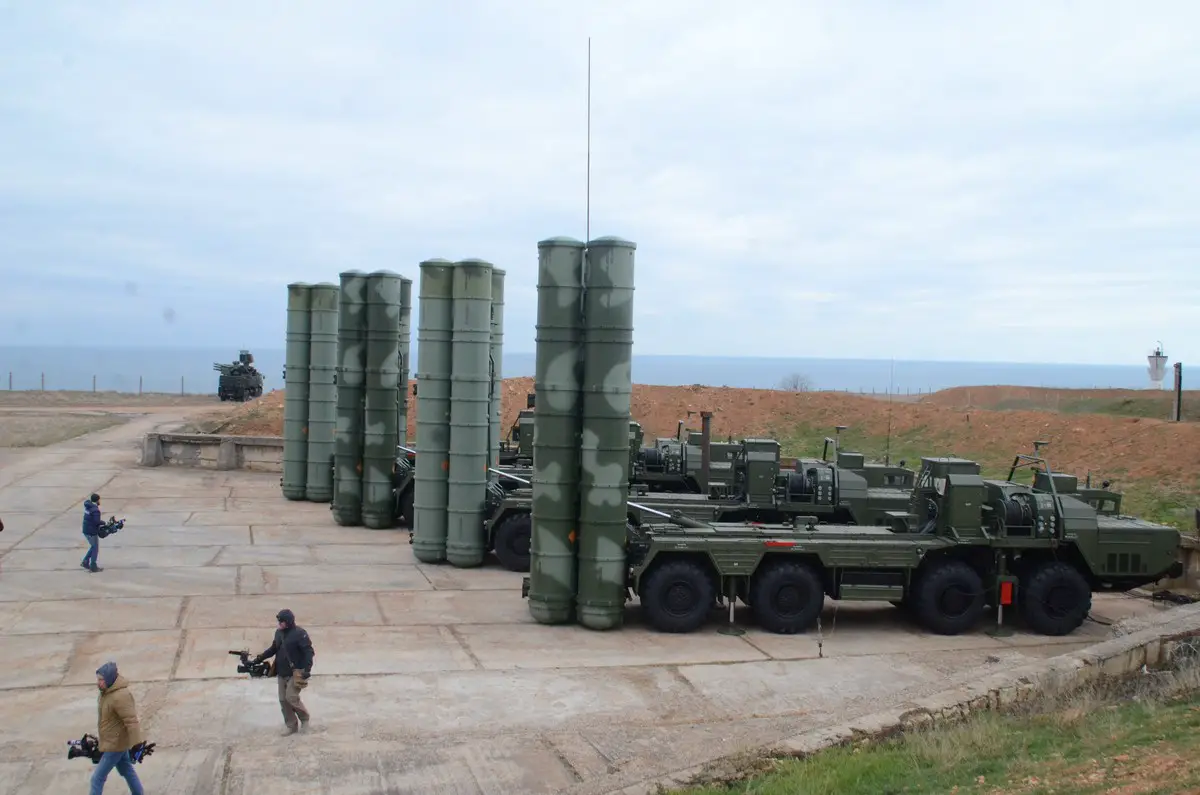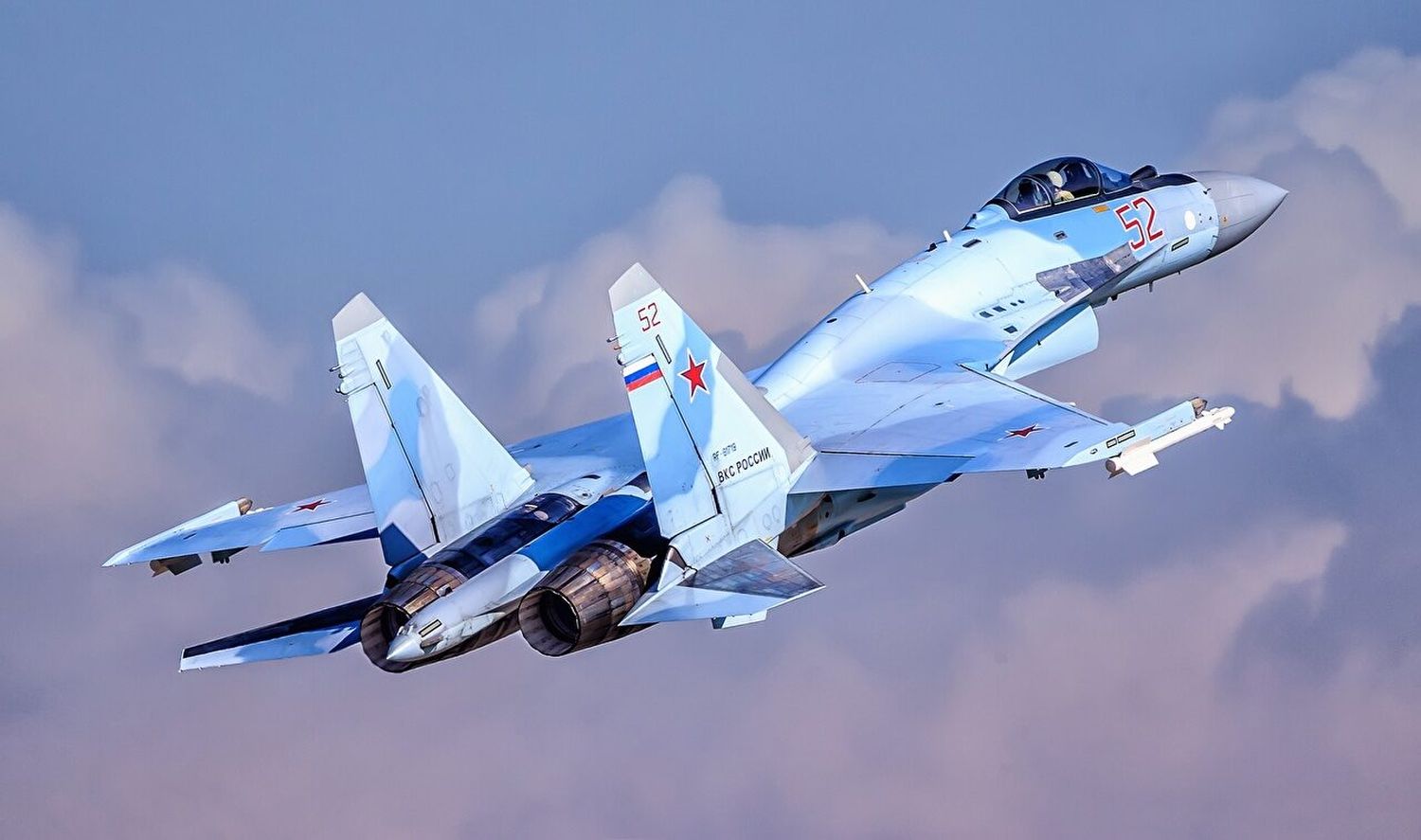Babak Taghvee, a defense analyst, reported that Iran and Russia will sign a 20-year, $10 billion security and defense cooperation agreement in January 2022, which would include the purchase of Su-35 fighters, S-400 missiles and a satellite.
https://twitter.com/BabakTaghvaee/status/1474658535564890112?s=20
According to information gathered by the journalist, the agreement will include the purchase of at least 24 Sukhoi Su-35SE heavy fighters. Many of these aircraft are already manufactured, as they were part of an unfinished order by Egypt.
Egypt was to become the first customer for the Su-35 in the Middle East area, following the signing of a contract during 2018 (not confirmed until May 2020), comprising the delivery of 24/26 units for approximately USD 3 billion. In fact, 15 or 16 aircraft were already manufactured and ready for delivery, but Egypt never received them.
The First Egyptian Su-35 start the flight trials.#Egipt #Russia #Sukhoy #Su35 #Су35 pic.twitter.com/Ls01mVgEq3
— ??? ???? ???????? ???????? (@TheDeadDistrict) July 23, 2020
The impediment to the completion of the operation was that the United States threatened to sanction Egypt if it went ahead with the Su-35s. The operability of its fleet of more than 200 F-16s, dozens of AH-64 Apache helicopters, and hundreds of M-1 Abrams tanks was at risk.
Russia then tried to place 11 of these Su-35s in Indonesia, which had long ago almost finalized the purchase of a batch of these heavy fighters. But a few days ago the head of the Indonesian Air Force declared that the Su-35 excluded from the jet tender, in favor of the French Rafale and the American F-15EX.

Since Egypt had already paid and the planes had been built, the contract could not be cancelled. But Cairo authorized United Aircraft Corporation (UAC) to resell them on its behalf. And now the most likely customer appears to be Iran, which will pay for the USD 3 billion cost of the 24 Su-35s with barrels of crude oil.
The Islamic Republic of Iran Air Force (IRIAF) has already selected 30 F-14A Tomcat, MiG-29 Fulcrum and F-4E Phantom II pilots to be sent to Russia for training to operate the Su-35. If the defense agreement is signed in January, training will begin almost immediately and by mid-2022 all 24 Su-35SEs would be delivered.

Part of the armament agreement also includes life extension, overhaul and upgrade work on 23 MiG-29 aircraft and 25 Su-24MK attack bombers. These works will be carried out in Iranian facilities.
The armament package to be acquired includes the purchase of two batteries of S-400 long-range anti-aircraft missiles, which will seek to provide better protection to strategic areas, such as the Iranian nuclear program facilities (facilities that Israel has publicly warned it will attack sooner rather than later).

The purchase of a military satellite is also mentioned, although it is not yet known whether it will be an observation and intelligence or communications satellite.
This agreement, if finalized, would be Iran’s first significant step towards the modernization of its Air Force. The $10 billion cost would be paid in whole or in large part with barrels of crude oil, which, although Russia is self-sufficient in energy (and in fact a major exporter), is the only thing Iran can pay with.
And 10 billion deal falls really short if one takes into account the enormous need for equipment renewal afflicting all its Armed Forces. Maybe that’s all the battered Iranian economy can handle for now, or maybe it’s the first of more arms-for-oil deals.

It is not at all unreasonable to expect a similar, or even bigger, deal with China. The Asian giant, with its impressive population and industry, is a major importer of oil, so a barter of arms for raw materials with Iran could be beneficial to both sides. On the other hand, the New Silk Road Initiative, which aims to connect China with European markets via rail links, will pass through all of northern Iran. It is difficult to think that this important commercial alliance between the two countries will not have a correlate in the field of defense and security.


Comentarios
Para comentar, debés estar registrado
Por favor, iniciá sesión